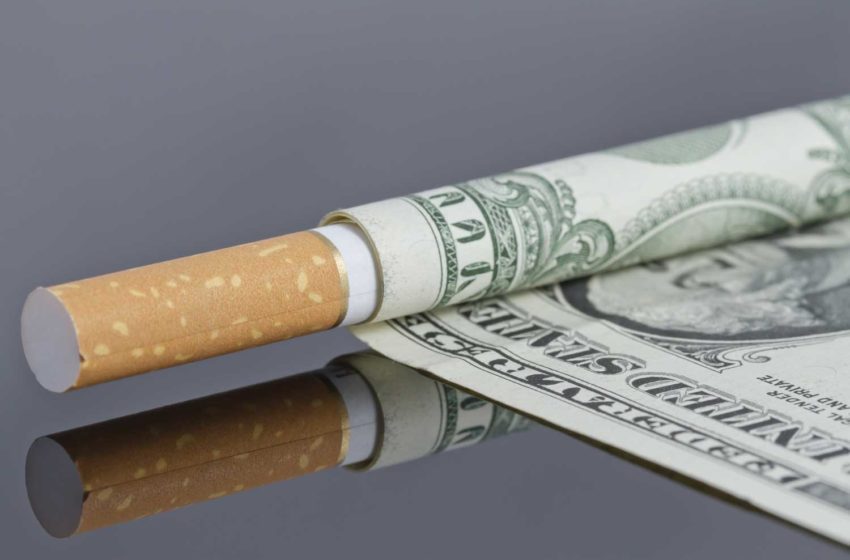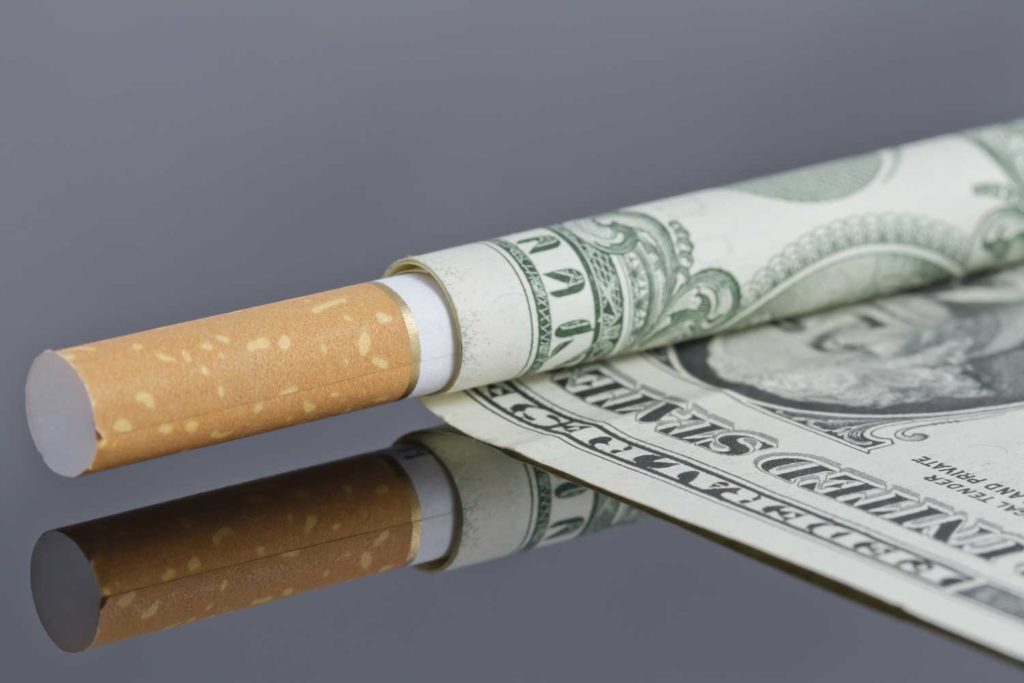Critics: All-Nicotine Tax Hike Would be Counterproductive


A new plan to raise the tax on all nicotine products sold in the U.S. would benefit large corporations and traditional tobacco products while unfairly hurting people in lower socioeconomic classes, writes Alex Norcia in Filter.
The proposal, first circulated on Sept. 12, calls for the tax per 1,000 cigarettes to be increased to $100.66. Vaping products would be taxed at this same rate, with 1,000 cigarettes being equal to 1,810 mg of nicotine.
This means that a 30 mL bottle of e-liquid containing 3 mg of nicotine per milliliter would be subject a tax rate of $5 for the bottle. A 120 mL bottle of e-liquid that contains 6 mg of nicotine per milliliter would attract a tax rate of $40 for the bottle.
In comparison, critics and tax reformists have estimated that a four-pack of Juul pods would be taxed around $9—giving a clear advantage to a giant over the smaller player. More alarmingly, a pack of cigarettes would only be taxed around $2, creating an incentive for nicotine users to pick cigarettes over less risky vapor products.
“A better strategy from a public health perspective would be to raise taxes on cigarettes more and taxes on e-cigarettes less to financially incentivize smokers’ use of safer e-cigarettes,” Michael Pesko, a health economist and an associate professor of economics at Georgia State University, told Filter.
The tax increase has been billed as a way to make America’s wealthiest individuals and most profitable corporations pay their fair share. However, as Norcia points out, smokers do not typically belong to the upper classes. According to the Centers for Disease Control and Prevention, current cigarette smoking in the United States “is higher among people with low annual household income than those with higher annual household incomes.”
If signed into law, the nicotine-specific tax legislation is projected to raise $96 billion in the next decade or so. But some of these funds would come from making dangerous combustibles more affordable than vaping products.
“Between the FDA’s arbitrary decisions on flavored vaping products and the imposition of a huge federal tax on all nicotine-containing products, the Biden administration could deal a death blow to tobacco harm reduction in the United States,” Greg Conley, the president of the American Vaping Association, told Filter.

